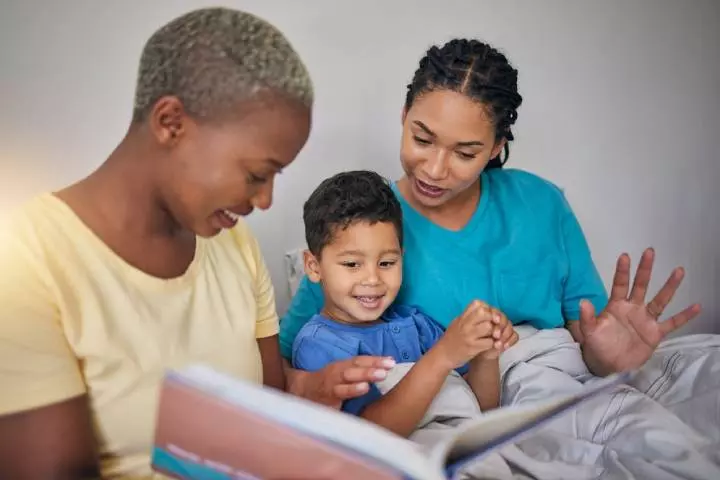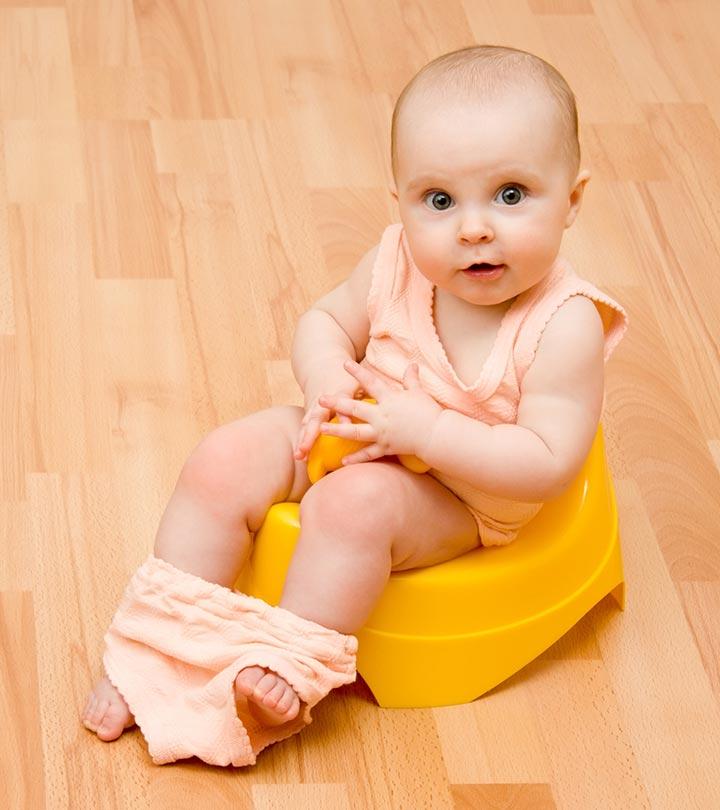
Image: Shutterstock
As a parent, you hold the key to unlocking a world of possibilities for your children. One of the most impactful gifts you can give them is the ability to read before they even start kindergarten. It might seem like a daunting task, but teaching your kids to read early on isn’t about pushing them into academics prematurely. It is more about fostering a love for words, stories, and learning in them. In this article, we’ll explore some simple yet effective ways to introduce reading to your little one before they enter the classroom. Read on to know more!
1. Start Early With Reading Time
When your child is young, get in the habit of snuggling up with books. Make reading a part of your daily routine, even if it’s just a short time. The more they see books, the more they will be comfy with words. Beyond the words on the page, these moments create a warm bond between you both, introducing them to a world of imagination. The simple, snug reading times will build memories and spark a lifelong love for books and stories.
2. Create A Reading-Friendly Environment
Image: Shutterstock
Transform your home into a haven for books by placing them in various spots. Arrange a small bookshelf in the living room, keep some near their toys, and have a special cozy corner filled with books in their room. When books are within easy reach in different parts of the house, kids are naturally drawn to explore and discover them. This accessibility encourages independent reading and exploration, fostering a sense of curiosity and making books a natural part of their everyday life.
3. Make It Fun With Interactive Reading
Engage your child’s imagination by bringing stories to life with animated expressions and playful tones. Encourage them to participate by guessing what happens next or even inventing their own endings. These interactive reading sessions not only make stories more enjoyable but also nurture their creativity and critical thinking skills, making learning an exciting adventure.
4. Point Out Words In Daily Life
Image: Shutterstock
Turn daily activities into playful learning opportunities by pointing out words in the world around you. Whether it’s recognizing words on traffic signs during a drive or reading labels while grocery shopping, these real-life connections show how reading is useful and relevant. It helps children understand that reading isn’t confined to books but is a valuable skill that helps understand the world they live in.
5. Use Technology Wisely
There are fun apps that help kids learn to read. Pick ones that are fun and don’t forget to balance screen time with other reading stuff.
6. Incorporate Phonics And Letter Recognition
Start with the ABCs and help them learn letter sounds and shapes step by step. Play easy word games to spot letters in words.
7. Practice, Practice, Practice
Reading the same books again and again helps kids get familiar with words. It boosts their confidence as they begin to recognize them.
8. Encourage Writing And Drawing
Image: Shutterstock
Let your child doodle and draw. It helps their hands and eyes work together, and eventually, they’ll start writing. Ask them to label their drawings with simple words.
9. Be Patient And Supportive
Kids learn at their own pace. Be patient and cheer them on. Don’t worry if they find it tough sometimes. Celebrate every small step forward!
Benefits Of Early Reading
1. Enhanced Vocabulary
When kids read early, they encounter more words. This widens their vocabulary, helping them understand and express themselves better. As they learn new words, they become more confident in communication.
2. Improved Communication Skills
Early readers tend to be better at expressing thoughts and feelings. They learn how to articulate ideas and communicate effectively. This skill is crucial not just in school but in everyday interactions too.
3. Boosted Cognitive Abilities
Image: Shutterstock
Reading at a young age stimulates brain development. It enhances cognitive functions like memory, problem-solving, and analytical thinking. These skills lay a strong foundation for learning other subjects.
4. Fostering Imagination And Creativity
Books open doors to imagination. Early readers often have vibrant imaginations. They can visualize stories, characters, and scenarios, nurturing their creative abilities.
5. Developing Empathy
Stories often portray different characters and situations. Early readers learn to understand different perspectives and emotions, fostering empathy and emotional intelligence.
6. Building Confidence And Independence
Image: Shutterstock
Kids who read early often feel more confident in their abilities. As they tackle books and stories on their own, it nurtures independence and a sense of accomplishment.
7. Long-Term Love For Reading
Perhaps the most enduring benefit is the love for reading itself. When children start early, reading becomes a joyful habit, not a chore. This passion for books stays with them, offering a lifelong source of learning and entertainment.
Teaching your kids to read before kindergarten doesn’t have to be a daunting task. Remember, the goal is not just to teach them to read but to foster a lifelong passion for exploring the world through books. So, dive into the world of stories and adventures together and watch your child blossom into a confident reader even before stepping into kindergarten.

















